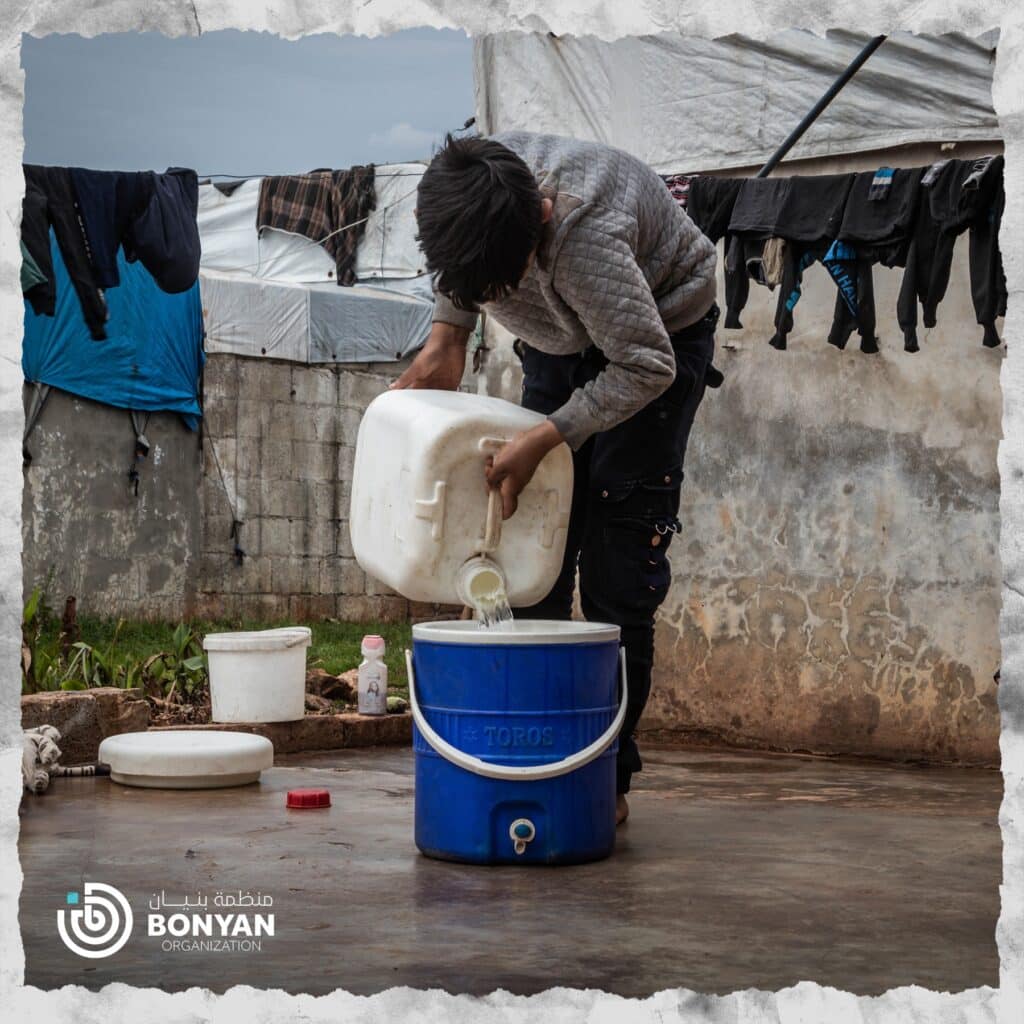Refugee Water Crisis
There has been a significant increase in refugees globally over the passing years.
According to U.N.H.C.R., “The refugee crisis has hit record heights in recent years, and refugee numbers have increased from 37.5 million to 79.5 million refugees worldwide.”.
The Middle East is now the world’s largest producer and host of forced displacement due to the war in Syria, resulting in 7.6 million internal displacements and 3.88 million external displacements as refugees. The displacement of at least 2.6 million people in Iraq and 309,000 in Libya adds to the enormous numbers from Syria. The necessity for specific water quality and quantity requirements for refugee camps has only increased due to the significant increase in refugees.
A human can go for a week without food, but they can only go for three days without water. Although most of us take water for granted since it is so prevalent in our everyday lives, millions of people worldwide—many refugees— lack access to clean water. Refugee camps often do not have enough water to supply all refugees.

Sanitation Problems in Refugee Camps
Proper sanitation services must be provided to stop infectious diseases and epidemics while maintaining excellent health and dignity.
Even though having enough latrines is crucial, 30% of refugee camps lack either latrines or adequate waste disposal facilities.
According to the UN, over a quarter of the camps have an insufficient number of restrooms, i.e., more than 20 people per latrine.
Water, Sanitation, and Hygiene
Every child has the right to a safe and clean environment to grow up in. Children thrive when they have access to clean water, basic toilets, and good hygiene habits. This also offers them a healthier start in life.
Water in Refugee Camps
A “crisis inside a crisis” has resulted from the poor water quality in refugee camps, leading to Cholera, Typhoid, and Hepatitis outbreaks. This is because the existing water quality laws are being violated, requiring more time and a keen plan to put them into effect in the refugee camps.
WASH in Refugee Camps
Efforts to improve WASH at hospitals, health and nutrition centers, schools, and other institutions in refugee camps aim to meet basic needs and increase access to clean, sufficient water that is both sufficient in quality and quantity.
FAQ
Why Is Water Important for Refugee Camps?
Because without safe water, refugees are exposed to diseases and infections.
What Is the Best Form of Sadaqah Jariyah?
The best form of Sadaqah Jariyah is building wells.
What Are the 2 Types of Sadaqah?
Sadaqah and Sadaqah Jariyah
What Does the Quran Say About Water?
“We made from water every living thing….” (Surah 21, verse 30).
What Are Some Examples of Sadaqah Jariyah?
Building homes and water wells.
What Is the Reward for Giving Someone Water?
Allah says in the Qur’an, “And whoever saves one [a life] – it is as if he had saved all of mankind” (Qur’an, 5:32).



